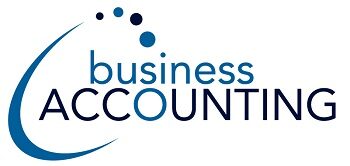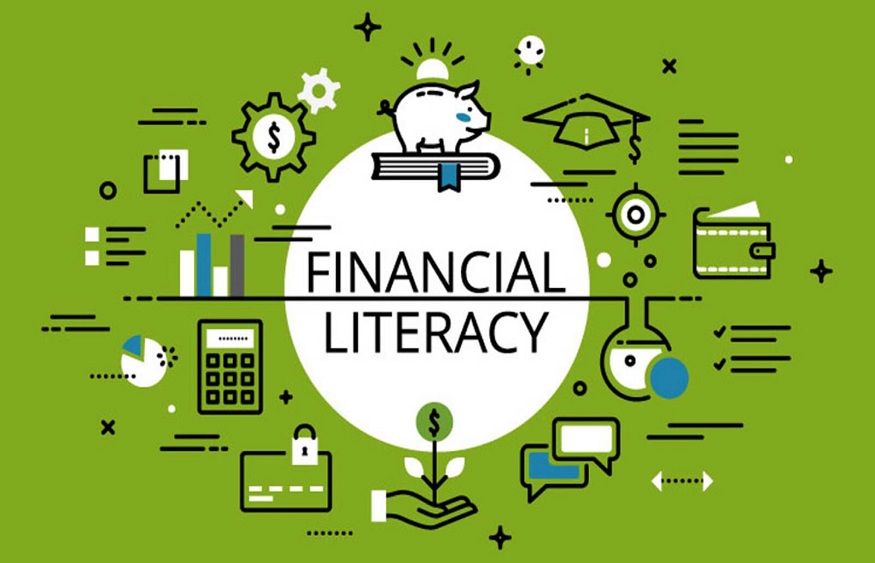There are many stories of how corporations, millionaires, and even billionaires lost everything due to excessive debt. Hence, when a person is managing their finances as a young adult, they should try their best to avoid debt in their 20s. While debt is not always a bad thing, it can lead to a debt trap if not managed carefully and monitored closely. Kavan Choksi opines that a lot of young people today live in an endless pile of debt, credit card debt being the most common one. While at first, credit card bills may seem to be a meager amount, they can add up to quite a large sum of money over time, creating a lot of financial issues for a person.
Kavan Choksi shares insight into the approach to follow to avoid getting into debt in the 20s
It can be really easy to get buried in a pit of credit card debt, if one is not careful enough about repaying their bills on time each month. A large percentage of the younger generation has a tendency to spend more owing to high card limits. They have to make payments in time that covers the principal amount owed and the interest on it, without accumulating new debt in the form of multiple cards. If a person is only planning to pay the minimum balance each month, then they are quite likely to land into financial trouble over time. Due to the high interest rates on credit cards, there is a chance that one may end up paying the debt well into their 30s and 40s. Young adults must properly test their financial discipline prior to getting a credit card.
Even though the overall excitement of receiving a salary can be a huge temptation for any newly employed young individual, they should always prioritize their education loan commitment over all other expenses.
It would be a smart idea for people to create an emergency fund as soon as they get their first salary. This would be a financial cushion that they can rely on, in case they have to undergo a medical emergency, have lost their job or need to urgently pay a bill. Ideally, the emergency fund should cover at least six months of living expenses. Setting aside a certain amount of money each month in a surplus cash contingency account shall always be a win-win situation in case of sudden emergencies. It will prevent a person from taking out quick loans that usually come high interest rates.
As per Kavan Choksi, while saving money is not often the first instinct of young adult, they must understand that these savings would count for a lot in the long run. The key to gauging the personal monthly disposable income is to know the right trade-off between actual income and essential spending requirements. People should try their best to avoid spending more than they earn, and sweep a percentage of all income away for their future self. One can simply choose to save as little as 10% of their income at the start. Once they develop the habit of saving, they may extend it to other spheres of life.




